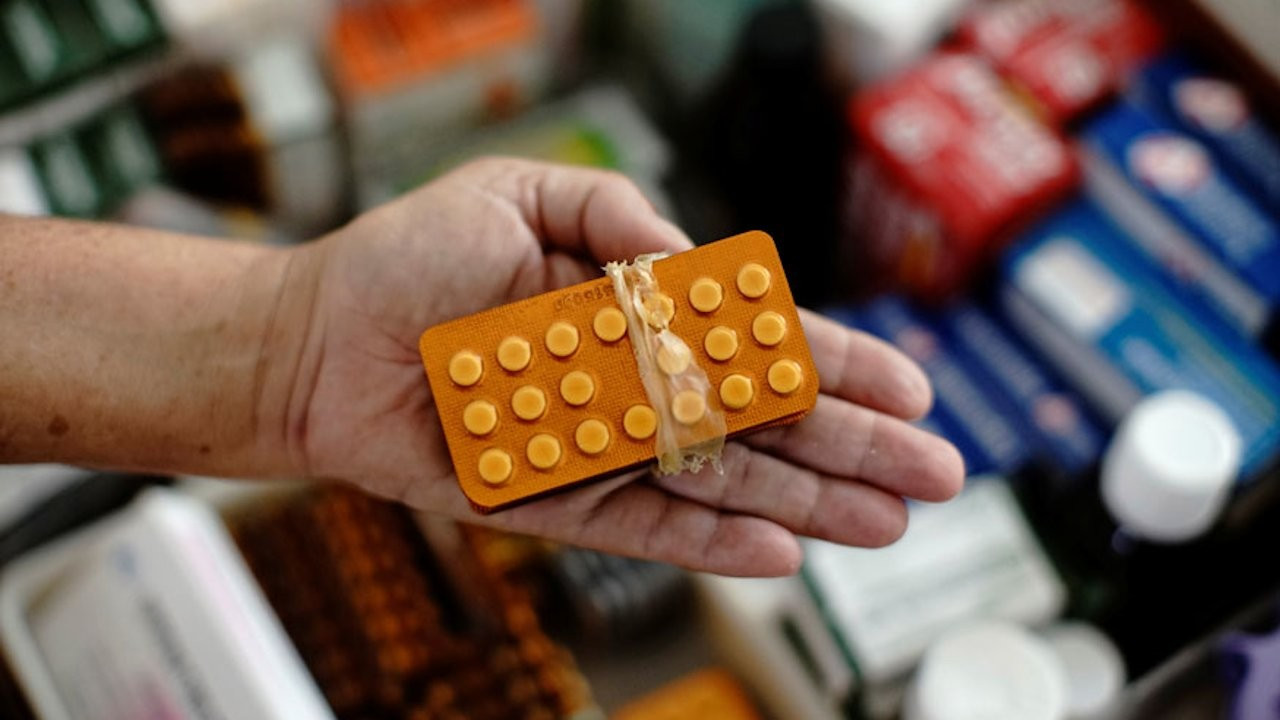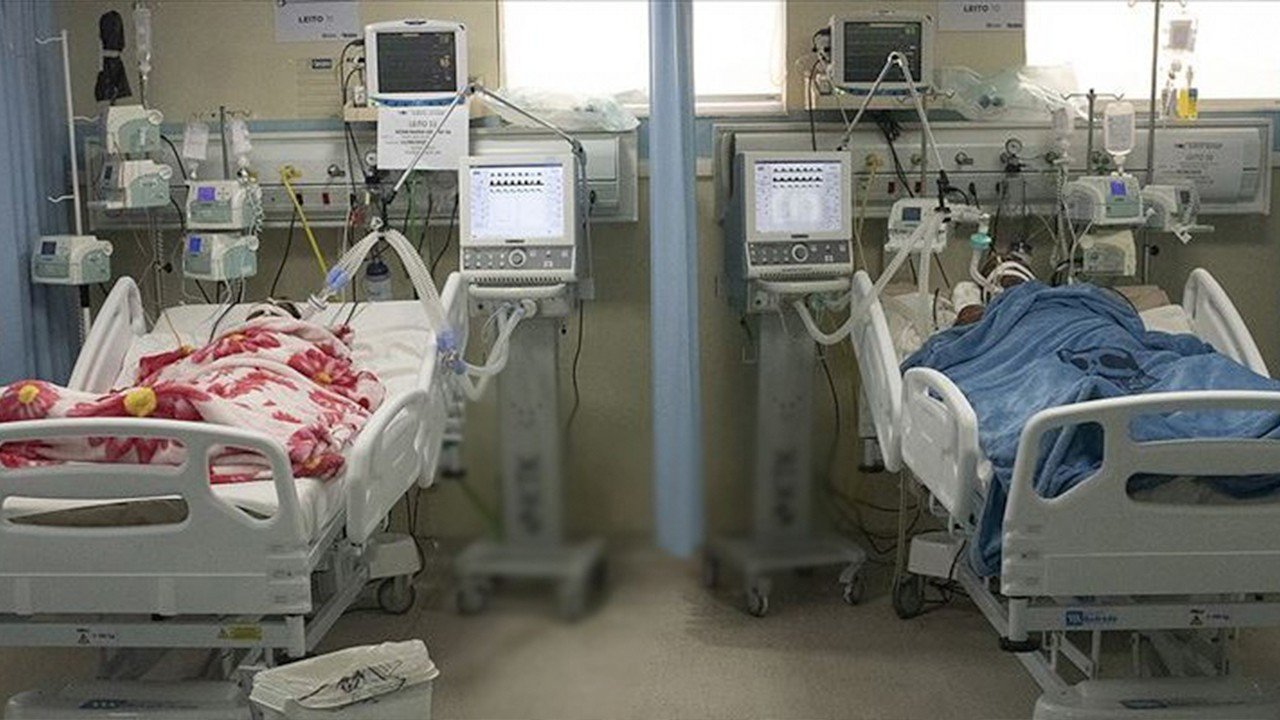Pharmacists say 645 different drugs unavailable, drug crisis impending in Turkey
According to the Turkish Pharmacists’ Association, 645 different drugs are currently unavailable in the domestic market. If no action is taken on the drug shortage, they say, a crisis could be impending.
Duvar English
The Turkish Pharmacists’ Association has announced that the country is facing a severe drug shortage. Some 645 different drugs are currently unavailable in the domestic market, they say, and if action is not taken, Turkey will find itself in a severe medication crisis.
Recently, many shortcomings in the Turkish healthcare system have been revealed. In some provinces, like the eastern province of Van, sick patients wait months for a hospital appointment. Hospital vending machines have become a means of rent-seeking for allies of the ruling Justice and Development Party (AKP) government. And now, patients are unable to access some of the most commonly used medications, including insulin, seasonal cold medication, antibiotics, and painkillers.
This is particularly dangerous as the winter months - and the subsequent uptick in seasonal colds - approach.
Mahmut Sert, Chairman of the Diyarbakır Chamber of Pharmacists, told Sputnik News that the shortage of drugs is creating a “serious public health problem.”
“Our pharmacists are having difficulties sourcing medicine and delivering it to patients. […] We cannot give medicine to our patients. Pharmaceutical warehouses give our pharmacies a limited number of drugs, and patients need to go from pharmacy to pharmacy to find what they need. It is a serious public health issue that patients cannot access medicine when they need it.”
He said that this puts pharmacists in an impossible situation -- pharmacists are health professionals who work to help patients, he said. To deny a patient medicine because there has been a price hike or the medicine is unavailable is counter to their oath, he noted. Pharmacists, unlike drug companies, do not think of medicine as a commercial item.
“It is a crime for the pharmacist not to give the medicine [due to cost] if he has the medicine in stock. The health of our people is the most important value for pharmacists,” Sert said.
The primary reason for this drug shortage is the loss in value of the Turkish lira. The lira has depreciated by over 40% since the beginning of the year -- it is now nearly 10 to the dollar, up from 7 in January. High-profit pharmaceutical companies are now raising drug prices in order to not lessen their margin on drug sales in Turkey.
“The exchange rate increase leads to many pharmaceutical companies not supplying drugs to our country, or to domestic pharmaceutical companies whose raw materials come from abroad being unable to produce drugs. In recent years, there has been a shortage of drugs due to exchange rate fluctuations,” Sert said.
He said that his Association has informed the Health Ministry about this issue, but the rates continue to rise and intervention has not been made. Without immediate action, he said, this crisis could continue year after year, and worsen as the lira continues to lose value.
Sert and the Association suggest that the Health Ministry engage with transparent price negotiations, involving all stakeholders, rather than just pharmaceutical companies. Prices should also be determined according to the economic climate, and FX rise adjustments made yearly. Turkey should also work to develop a more robust domestic pharmaceutical production system to reduce dependency on foreign producers, Sert said.
“Drugs should not be considered commercial commodities,” he said. “Patients should be able to access, receive and use them when needed. We, as pharmacists, want measures to be taken as soon as possible regarding the drugs that are not available, to eliminate this [recurring] issue.”

 Vending machines in Turkish hospitals rob patient relatives, health workers of moneyHealth
Vending machines in Turkish hospitals rob patient relatives, health workers of moneyHealth Turkish Health Ministry stops sending birth control products to health centersHealth
Turkish Health Ministry stops sending birth control products to health centersHealth Turkish hospitals 'used banned, unapproved COVID-19 treatments'Coronavirus
Turkish hospitals 'used banned, unapproved COVID-19 treatments'Coronavirus